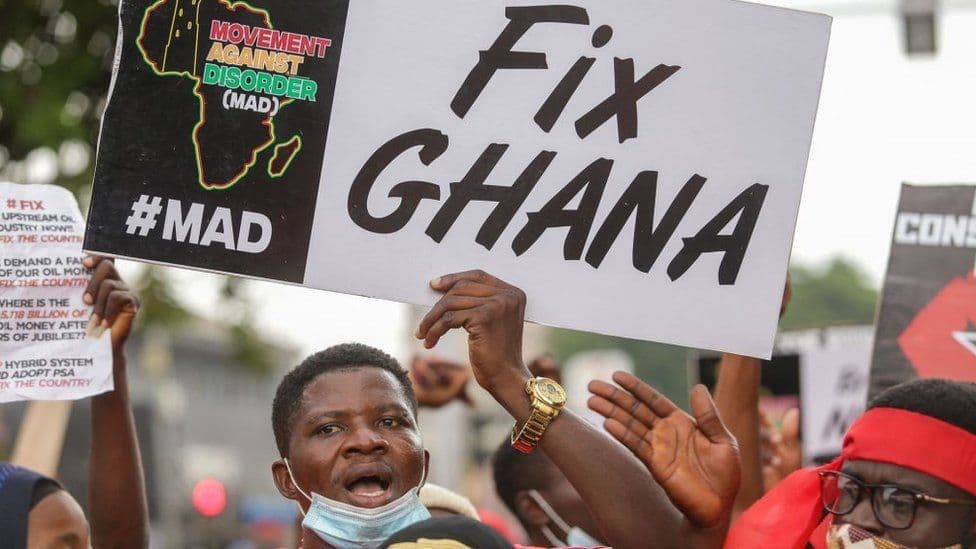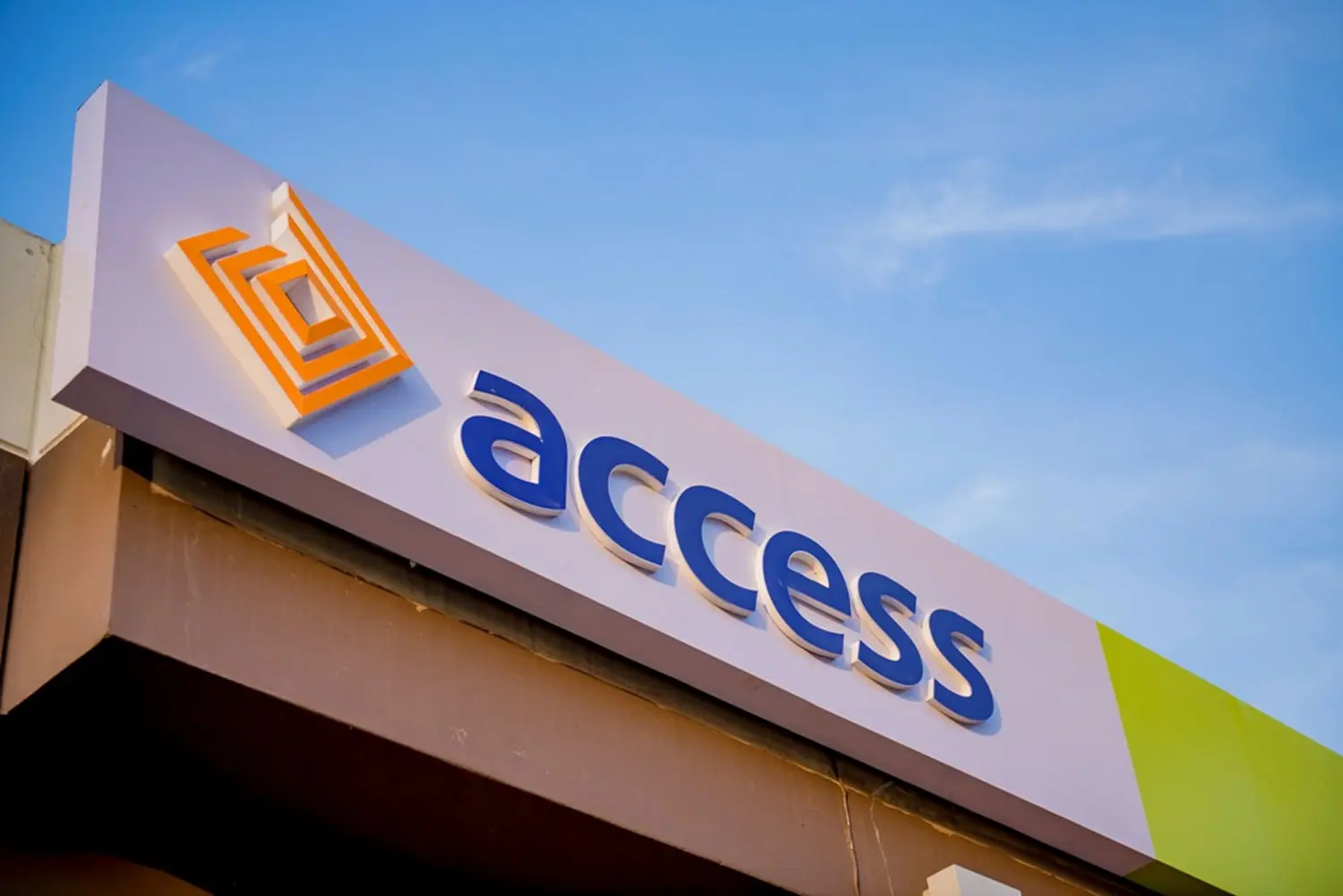Driven by food prices, Ghana’s inflation rose to 43.1% in July from 42.5% in June—a four-month high. The increase may force the central bank to increase the interest rates again to help the country’s struggling economy.
Ghana’s inflation rate hit a four-month high of 43.1% in July, as the country grapples with a debt-induced economic crisis. Per Bloomberg, the increase was driven by food prices, according to a government representative. Ghana’s food inflation rose to 55% from 54.2% in June. On the other hand, non-food price growth grew from 33.4% to 33.8%
Bloomberg reports that the uptick may force the Ghanaian government to increase interest rates again. Last month, Ghana’s central bank hiked key interest rates to 30% in response to soaring inflation which stood at 42.5%. Central Bank governor Ernest Addison said at the time that policy tightening will continue until the desired inflation level is achieved. The decision to raise interest rates in the nation increases the cost of borrowing money and is intended to reduce consumer spending.
Ghana is currently battling its worst financial crisis in decades, with public debt almost as large as its gross domestic product (GDP), according to Financial Times. In May, the International Monetary Fund (IMF) granted Ghana a $3 billion bailout to aid its economic recovery from the debt crisis.
But Ghana isn’t the only West African country dealing with an economic crisis. Driven by a rise in food prices, Nigeria’s headline inflation hit a seven-year high of 22.79% in July. According to the data from the National Bureau of Statistics (NBS), food inflation was up by 25.25% on a year-on-year basis in June. Nigeria’s Central Bank had to raise the benchmark lending rate by 25 basis points to 18.75 percent, from 18.5 percent, in an aggressive push to contain inflationary pressure.






















